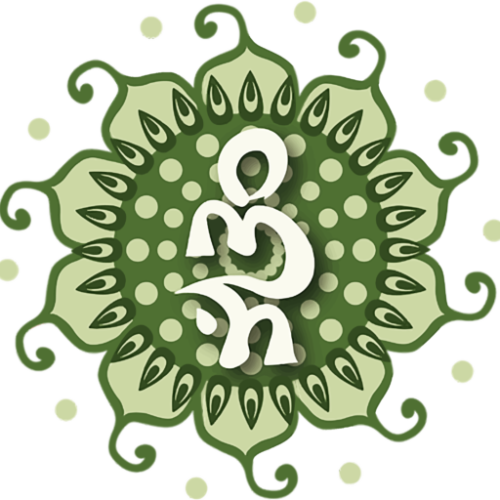Gentle Tools to Help Manage Anxiety
Here are practical, nurturing ways to support yourself when anxiety arises:
1. Slow, Mindful Breathing
Your breath is one of your strongest tools to calm anxiety quickly. A simple technique is the extended exhale:
- Breathe in gently through your nose for 4 seconds.
- Slowly breathe out through your mouth for 6–8 seconds.
Fact: Deep breathing activates your parasympathetic nervous system, helping reduce stress and calm the body almost immediately.
2. Grounding Techniques
Grounding brings your awareness back to the present moment, calming racing thoughts. Try the 5-4-3-2-1 method:
- 5 things you can see
- 4 things you can touch
- 3 things you can hear
- 2 things you can smell
- 1 thing you can taste
Fact: Grounding exercises are shown to interrupt anxious thought spirals and restore emotional balance.
3. Daily Journaling
Sometimes, what we need is to let our thoughts out of our heads and onto paper. Journaling, even for 10 minutes a day, gives your inner world a safe outlet. Don’t overthink it—just let it flow.
Fact: Studies show regular journaling can reduce anxiety, increase clarity, and promote emotional resilience.
4. Limit Caffeine and Sugar
Both caffeine and sugar can stimulate the nervous system and mimic anxiety symptoms. Consider reducing your intake if you’re noticing frequent anxious spikes.
Fact: High caffeine intake has been linked to increased anxiety, especially in those who are already sensitive or stressed (Journal of Psychopharmacology).
5. Gentle Movement for Emotional Release
When anxiety builds, movement helps shift that stuck energy. And it doesn’t need to be intense—gentle movement often helps more.
At OMH Therapies, we offer yoga, pilates, and mindful movement classes designed to support nervous system regulation and reconnection with the body. Whether it’s breath-led pilates, slow grounding yoga, or mindful movement tailored to meet you where you are—these practices offer the reset your body and mind need.
Fact: Gentle exercise is proven to lower stress hormones and increase calming brain chemicals like endorphins, easing anxiety symptoms.
6. Prioritise Sleep and Rest
Rest is not a luxury—it’s essential. Try creating evening rituals to help your body wind down: soft lighting, herbal tea, calming music, or even journaling before bed.
Fact: Sleep deprivation can significantly heighten anxiety symptoms. Regular, restful sleep supports emotional regulation and mental clarity (Harvard Medical School).
7. Practice Mindfulness or Meditation
Even five minutes of mindful breathing can help shift an anxious state. Guided meditations are a wonderful place to start—there are countless free resources online, or you can join us in person at OMH for gentle, supportive classes.
Fact: Mindfulness reduces overactivity in brain regions linked to worry and stress, making it a proven long-term tool for managing anxiety.
8. Community and Connection
Anxiety often thrives in isolation. Reaching out to others—whether through a wellness class, a friend, or a therapist—can offer grounding, perspective, and genuine relief.
Fact: People with strong support systems have significantly lower anxiety levels and higher emotional resilience (Mayo Clinic).
























